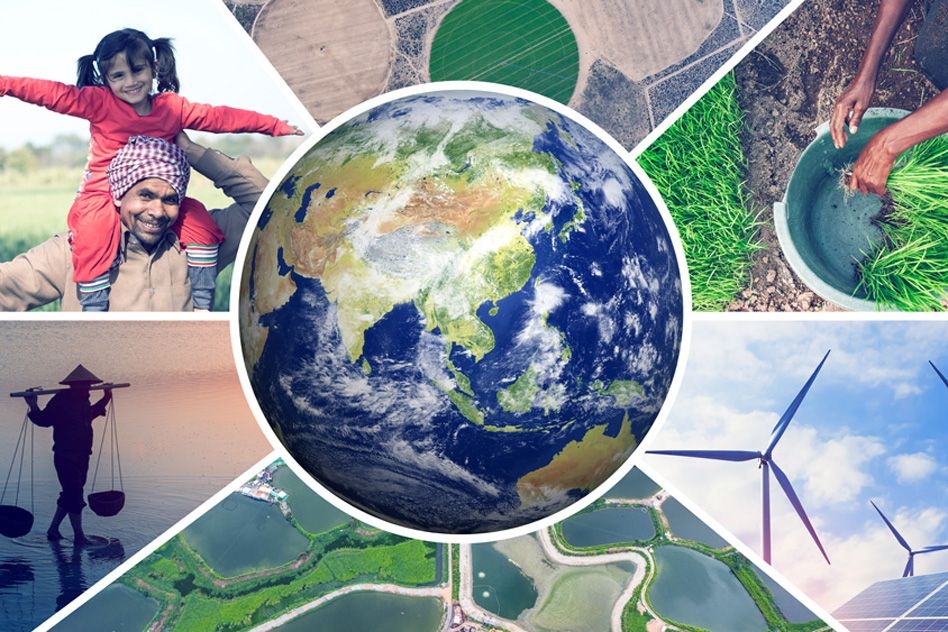
The Abdul Latif Jameel Poverty Action Lab (J-PAL) is a global research center working to reduce poverty by ensuring that policy is informed by scientific evidence. Anchored by a network of 224 affiliated professors at universities around the world, J-PAL conducts randomized impact evaluations to answer critical questions in the fight against poverty. J-PAL Africa, based at the University of Cape Town, leads J-PAL’s work in sub-Saharan Africa. J-PAL Africa conducts randomized evaluations, builds partnerships for evidence-informed policymaking, and helps partners scale up effective programs.
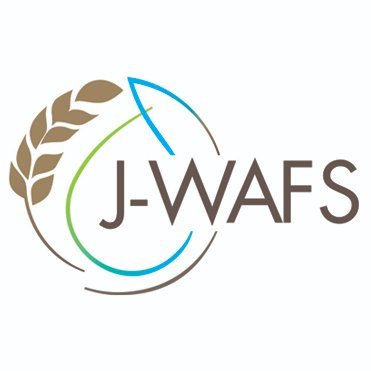
The Abdul Latif Jameel Water and Food Systems Lab (J-WAFS) organizes and promotes food and water research around campus. It emphasizes innovation and deployment of effective technologies, programs, and policies in order to have measurable impact as humankind adapts to a rapidly changing planet and combats water and food supply scarcity.
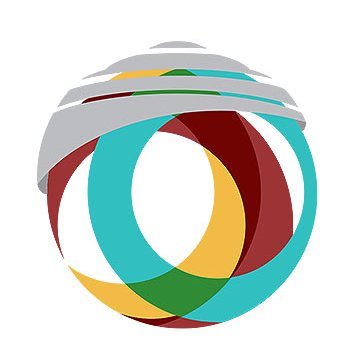
The Abdul Latif Jameel World Education Lab (J-WEL) will spark a global renaissance in education for all learners. Leveraging MIT’s resources, it convenes a global community of collaborators for sustainable, high-impact transformation in education through research, policy, pedagogy, and practice. J-WEL has a number of affiliate members from across Africa.
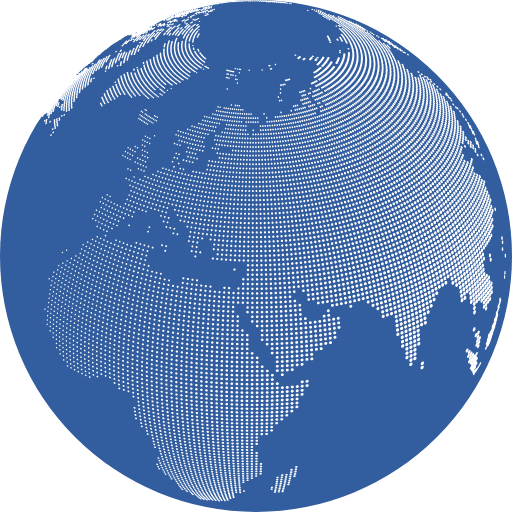
The Center for Global Change Science has collaborating with the Ministry of Education of Rwanda to establish a major Climate Change Observatory on Mt. Mugogo measuring climate change and the atmospheric species forcing climate change, as well as develop educational and research programs in climate science that use the Observatory measurements.

A continent of over 1 billion people, thousands of languages, dozens of countries, and a median age of 19.5, Africa stands out as a continent flush with opportunities for productive research collaborations and transformative educational experiences for MIT and Africa-based students alike. MIT-Africa offers MIT students the opportunity to explore their chosen fields of study while navigating the many different cultures and languages of Africa. The program strives to deliver bidirectional value – internally to the MIT community and externally to partners/hosts/collaborators in Africa and around the world. Internally, by ensuring MIT students and the broader community understand an opportunity with MIT-Africa is a vital piece of the MIT education package and relevant to their future aspirations regardless of geography, industry, or sector; and among students who participate, cultivate meaningful relationships, workplace hard & soft skills, and a well-informed fondness for Africa. Externally, by fostering productive relationships with Africa based organizations as they work towards their research, education, and innovation goals.
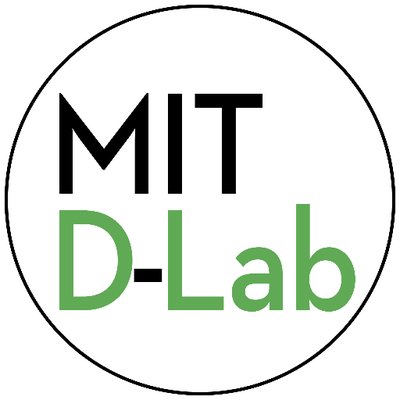
D-Lab works with people around the world to develop collaborative approaches and practical solutions to global poverty challenges. The mission is pursued through an academic program of more than 20 MIT classes, student project travel, research, and community engagement. D-Lab collaborates with organizations—such as local nongovernmental organizations and social enterprises—in communities in two-dozen countries around the world.
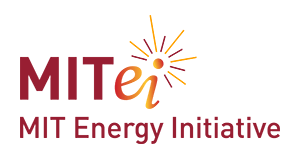
The MIT Energy Initiative (MITEI) is MIT’s hub for energy research, education, and outreach—connecting faculty, students, and staff to develop the knowledge, technologies, and solutions that will deliver clean, affordable, and plentiful sources of energy. Our mission is to develop low- and no-carbon solutions that will efficiently, affordably, and sustainably meet global energy needs while minimizing environmental impacts, dramatically reducing greenhouse gas emissions, and mitigating climate change. Within MIT, we strive to foster a sense of community through our educational programs, events, and other activities.

The MIT Environmental Solutions Initiative mobilizes the substantial scientific, engineering, policy, and design capacity of MIT to create solutions to today’s environmental challenges through diverse activities in education, research, and convening. In the U.S., Africa and beyond, ESI aims to expand and accelerate progress toward environmental solutions in three vital domains: Climate Science and Earth Systems; Cities and Infrastructure; and Sustainable Production and Consumption.
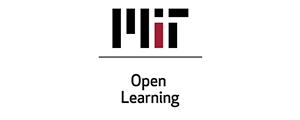
The mission of MIT Open Learning is to transform teaching and learning at MIT and around the globe. Our learning portfolio includes over 2000 courses on OpenCourseWare, more than 100 MITx MOOCs, and four MITx MicroMasters programs. In addition, we develop custom, skill-building courses for professional development through MIT xPRO, intensive in-person Bootcamps training programs, and an upcoming Leadership Academy for Scientists, Engineers, and Researchers (LASER).

MIT Professional Education is the arm of MIT that provides working professionals worldwide a gateway to renowned MIT research and knowledge via education programs designed for them. Taught by faculty from across MIT, the programs aim to equip industry professionals with innovative practical expertise to help address today’s complex technical challenges and needs. MIT Professional Education has already conducted several successful programs for engineers, entrepreneurs, and executives across Africa, with plans to launch more programs, addressing a diverse set of topics, in key cities across the continent.
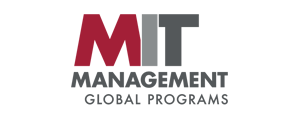
MIT Sloan Global Programs (GP) seeks to establish high-level collaborations with leading institutions around the world to advance research and management education. GP works with multi-stakeholder initiatives to create economic and social impact by implementing new educational models that serve as important benchmarks for key regions worldwide. A core program of GP is the MIT Regional Entrepreneurship Acceleration Program (REAP), which provides opportunities for communities to engage with MIT in an evidence-based, practical approach to strengthen innovation-driven entrepreneurial (IDE) ecosystems. This is achieved by translating research insights into practical frameworks, convening stakeholders, and educating regional leaders through team-based interaction.
GP’s engagements in Africa include:
– MIT REAP Cohort 2 (2012-2014) – Morocco
– MIT REAP Cohort 4 (2016 – 2018) – Nigeria
– MIT REAP Cohort 5 (2017 – 2019) – Ghana
– MIT REAP Cohort 7 (2019-2021) – Nigeria